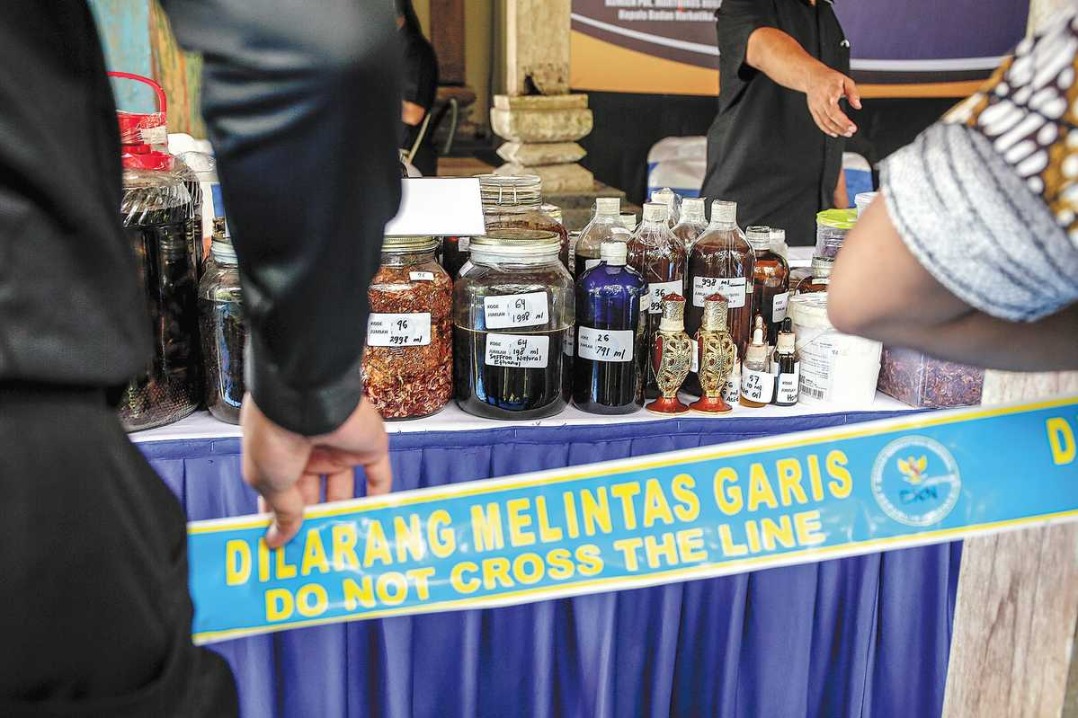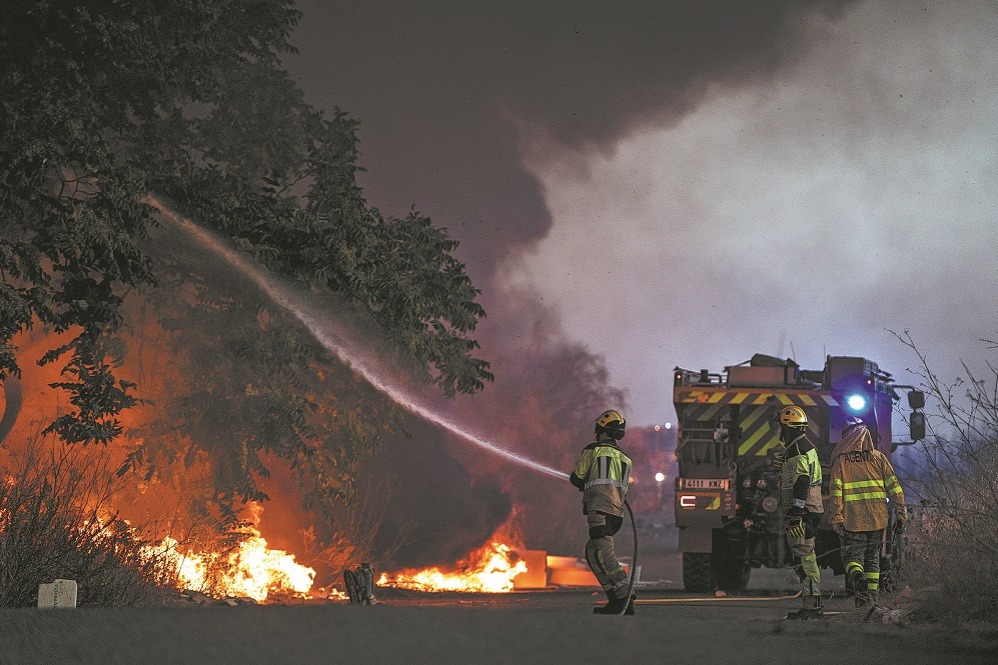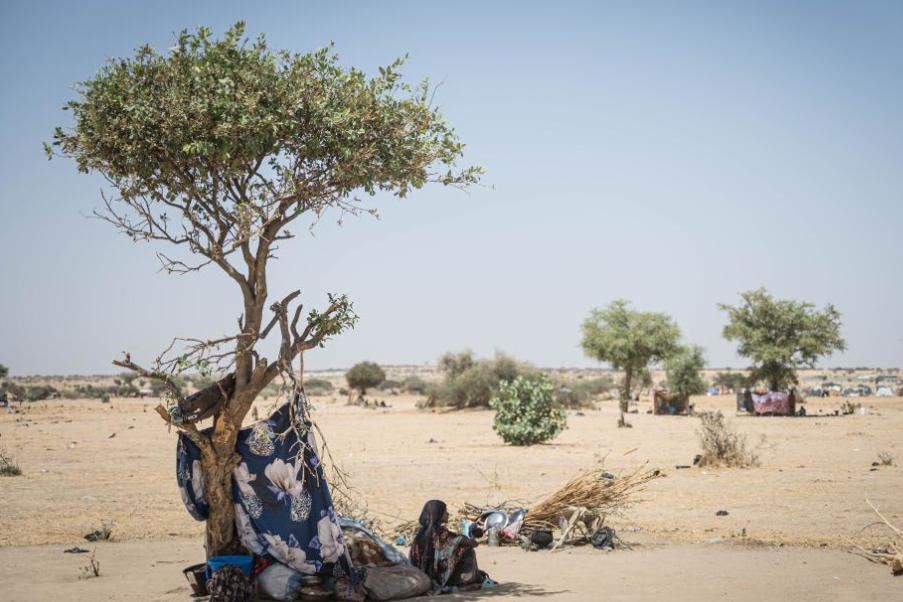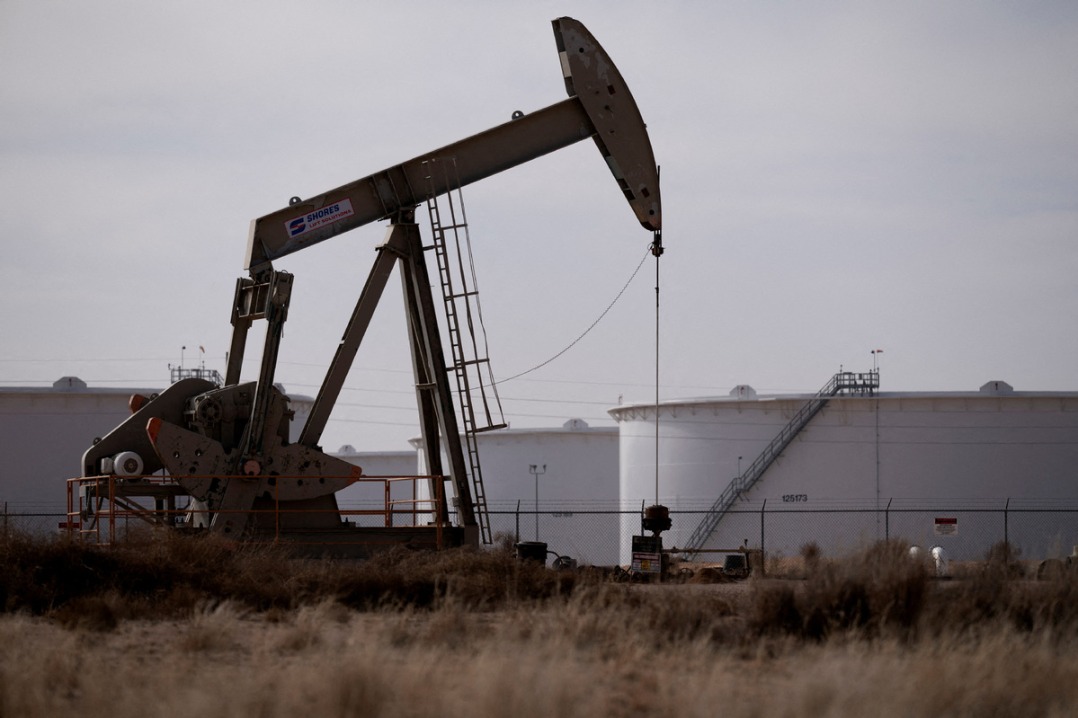UN report: Asia-Pacific region far off track to meet the Sustainable Development Goal of eliminating hunger


The convergence of higher food, feed, and fuel prices, and a slow recovery from the global pandemic, has done serious harm to the health and livelihoods of millions of already vulnerable people in the Asia-Pacific region, a new report by the Food and Agriculture Organization of the United Nations (FAO) has revealed.
According to the report, Asia and the Pacific Regional Overview of Food Security and Nutrition 2023-Statistics and Trends, released on Monday, the Asia-Pacific region, with 370.7 million undernourished people, continues to represent half of the global total. Similarly, the region accounts for half of the world's severe food insecurity, with more women than men being food insecure.
The report finds that rates of anemia among women of reproductive age are still off track in terms of the World Health Assembly's global nutrition targets. So too are prevalence rates of stunting, wasting, and overweight among children under 5 years of age.
While the figures for undernourishment vary from country to country in this region, southern Asia, in particular, is shown to have a prevalence of undernourishment at 15.6 percent (313.6 million). This accounts for 85 percent of the total of undernourished across Asia-Pacific. However, in the South-West Pacific Islands, the per-capita situation is even worse, estimated at 20.9 percent, or one in five inhabitants undernourished, as the report shows.
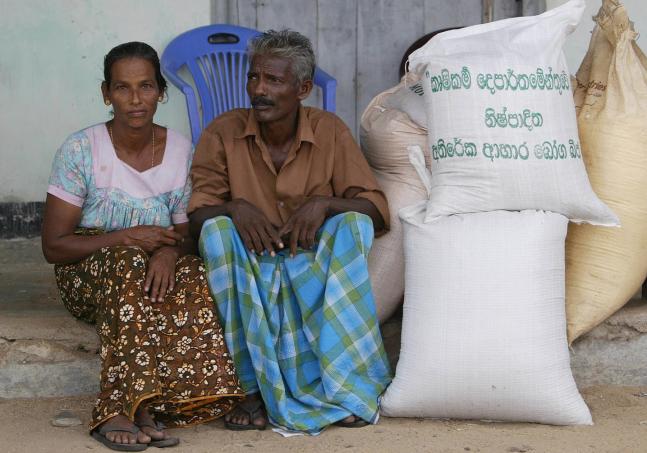
Compared with the previous year, the prevalence of undernourishment in the region decreased to 8.4 percent in 2022, equivalent to around 12 million fewer undernourished people than in 2021, but 55 million more than in 2019, prior to the COVID-19 pandemic.
In summary, the report said, while the overall numbers are slightly better than the pandemic years, they still indicate that the Asia-Pacific region is far off track to meet the Sustainable Development Goal of eliminating hunger by 2030 (SDG2).
"This report is by no means exhaustive. However, the facts presented serve as food for thought. At the same time, they will not put meals on the table of the many food-insecure and nutritionally vulnerable people living in this part of the world," said Kim Jong-Jin, assistant director-general and FAO regional representative for Asia and the Pacific.
"Clearly, there is an urgent call for whole-of-government, well-coordinated and integrated actions and investments toward agriculture-food systems transformation if we are to turn the tide and put the countries back on track to meeting the 2030 Agenda for Sustainable Development Goals," Kim said.


















